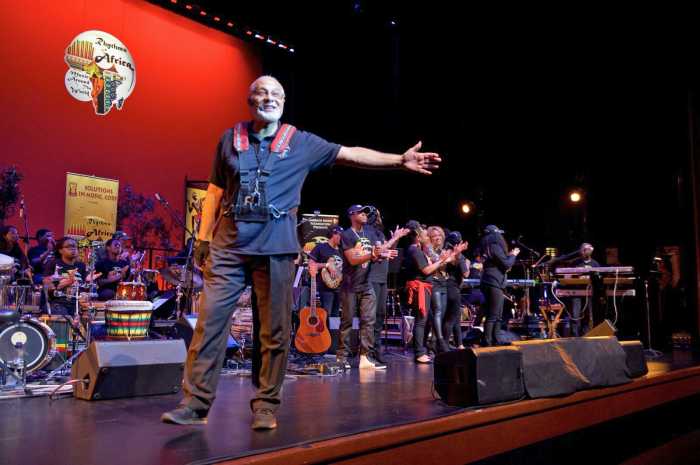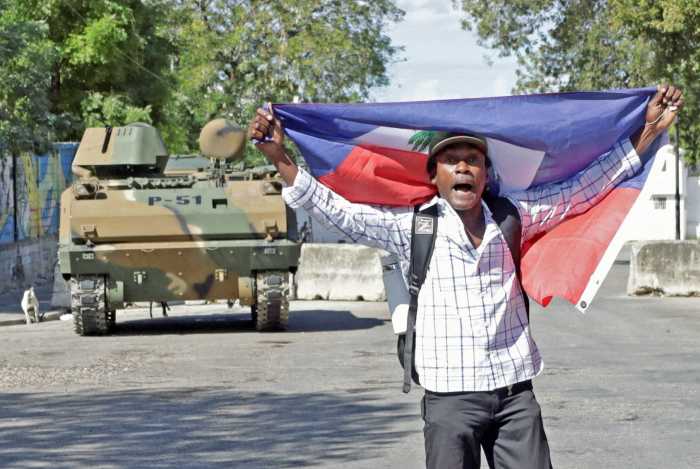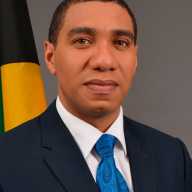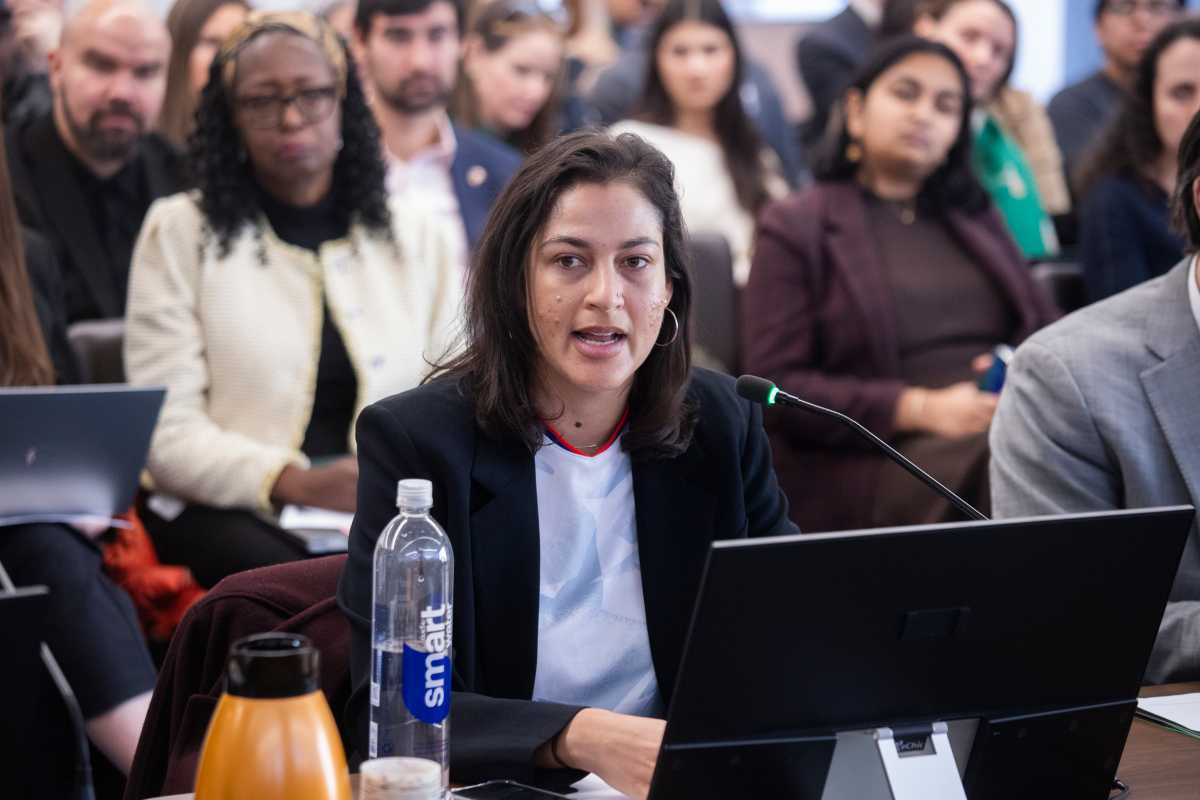Thousands of disenchanted Americans stormed state Capitol and federal buildings to protest recent budget cuts and reaffirm messaging from Congressman John Lewis, who was regarded as the country’s “moral compass.”
Brandishing signs and placards reading “Good Trouble Lives On,” demonstrators echoed organizers’ attempts to parody the words of the Alabama native.
Punctuating with a reminder that “the most brazen rollback of Civil Rights in generations” should not be tolerated, more than 1000 gatherings were recorded in cities throughout the weekend.
From July 17, which marked the fifth anniversary of the revered Georgia politician, unprecedented numbers recorded the second nationwide protest following a “No Kings” outcry held on the 79th birthday anniversary of President Donald Trump last month.
Although civil rights seemed the principal rallying issue for and against mass mobilizations, the date coincided with celebrating the lifelong contributions of the southern activists. Also, it provided an opportune dissent of recent revisions by the Trump administration on immigration policies and tactics, passage of legislation of a billion-dollar law described as ‘the big beautiful bill,’ which allegedly could skyrocket the national debt into the trillions. The fact that Congress included cuts to foreign aid, health provisions of Medicaid and Medicare, and food stamps in the BBB added fodder to the foment.
In Wisconsin, it was reported that swing state voters rallied to replace the current leader.
“We just want (President)Trump out of office,” a protester said.
Traditionally considered a red state, more than 40 protests were held in that singular midwestern location.
Reportedly, Anika Rickard, a spokesperson for the Republican Party of Wisconsin, countered the prevalent anti-Trump statements, saying: “While Democrats are focused on making noise, Republicans are getting things done for the American people, President Trump is delivering on his campaign promises, and it’s time Democrats get on board.”
Reportedly, more than a few individuals who attended the demonstrations claimed long affiliation with the Republican Party.
In Portland, Oregon, a prominent sign across an overpass read: ‘Protect our rights, not ICE.’
The reference to Homeland Security’s Immigration and Customs Enforcement division’s mask-wearing agents’ seemingly arbitrary visitation policies blatantly expressed objection to how deportations are being executed.
Similar mass gatherings were held in the north-western states of Washington and Montana, – in the southwestern states of California and Nevada, even in the southern Florida, Tennessee, South Carolina, North Carolina, Kentucky, Arkansas, Alabama and Mississippi states as well as in Arizona, Colorado, Connecticut, Idaho, Indiana, Kansas, Maine, Missouri, Nebraska, New Hampshire, North Dakota, Ohio, Oklahoma, Rhode Island, Pennsylvania, South Dakota, Texas, Utah, Vermont, New Jersey, New Mexico, Wyoming, West Virginia, Virginia and as far away as Hawaii and Alaska.
In New York City, protests were held at the Federal Building in Foley Square.
The 50501 Movement — 50 protests, 50 states, one movement — organized the nationwide protests in association with a coalition of other groups.
CBC makes “good trouble” at Dem House Party tribute
Members of the Congressional Black Caucus regaled the indelible legacy of U.S. Rep. John Lewis on the fifth anniversary of his death by uniting with Democratic Party associates to continue the “good trouble” the Civil Rights proponent advocated.
“Do not get lost in a sea of despair. Be hopeful, be optimistic. Our struggle is not the struggle of a day, a week, a month, or a year; it is a struggle of a lifetime,” remains a legacy of the Cong. Lewis imprinted on social media in 2018.
“Never, ever be afraid to make some noise and get in good trouble, necessary trouble.”
Cong. Lewis’s inimitable words resonated with many as a vow to remain stalwart despite adversities.
Congressman John Lewis died on July 17, 2020, at the age of 80. He represented Georgia’s 5th Congressional district for more than 30 years, advocating for voting rights, social justice, and Civil Rights.
Before that, he was arrested and beaten in the South for his non-violent approach to activism. He is also remembered for his early alliance marching with Dr. Martin Luther King Jr. and the “Bloody Sunday” battering he received in Selma, Alabama, when they tried to cross the Edmund Pettus Bridge to get to Montgomery together.
“Still in our hands…” Challenges Action on Nelson Mandela International Day 2025
On July 18, the birth date of Nelson Rolihlahla Mandela was foremost on the minds of celebrants. An annual calendar call to action since the United Nations declared Mandela Day in 2010, last Friday was no different.
On that anniversary, the anti apartheid trailblazer was remembered for his relentless campaign to end the racist regime in his homeland, South Africa.
As the leader of the African National Congress, he railed against discrimination and inequality, which ruled the majority Black population.
For his effort, he was jailed for 67 years, but miraculously, after his release in 1999, the first Black president of the nation emerged.
To that end, individuals devoted 67 minutes in honor of his legacy. Using the theme “It’s still in our hands to combat poverty and inequality,” the government of communications in SA posted a statement encouraging citizens to make a difference by heeding his words:
“It is in our hands to make our world better for all, especially the poor, vulnerable, and marginalized.”
Nelson Mandela died at age 95 at Houghton Estate, Johannesburg, South Africa, on Dec. 5, 2013.
Catch You On The Inside!























